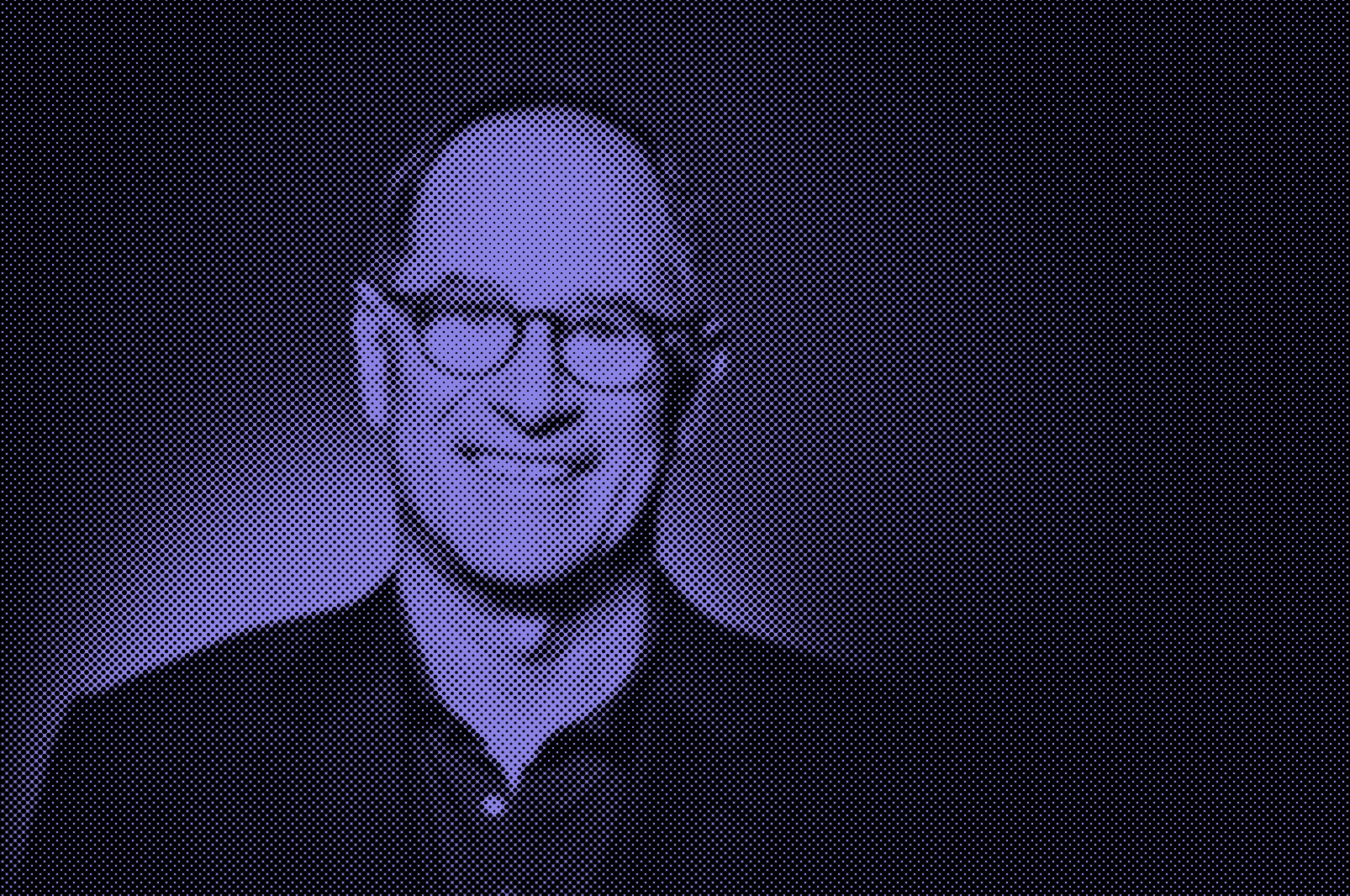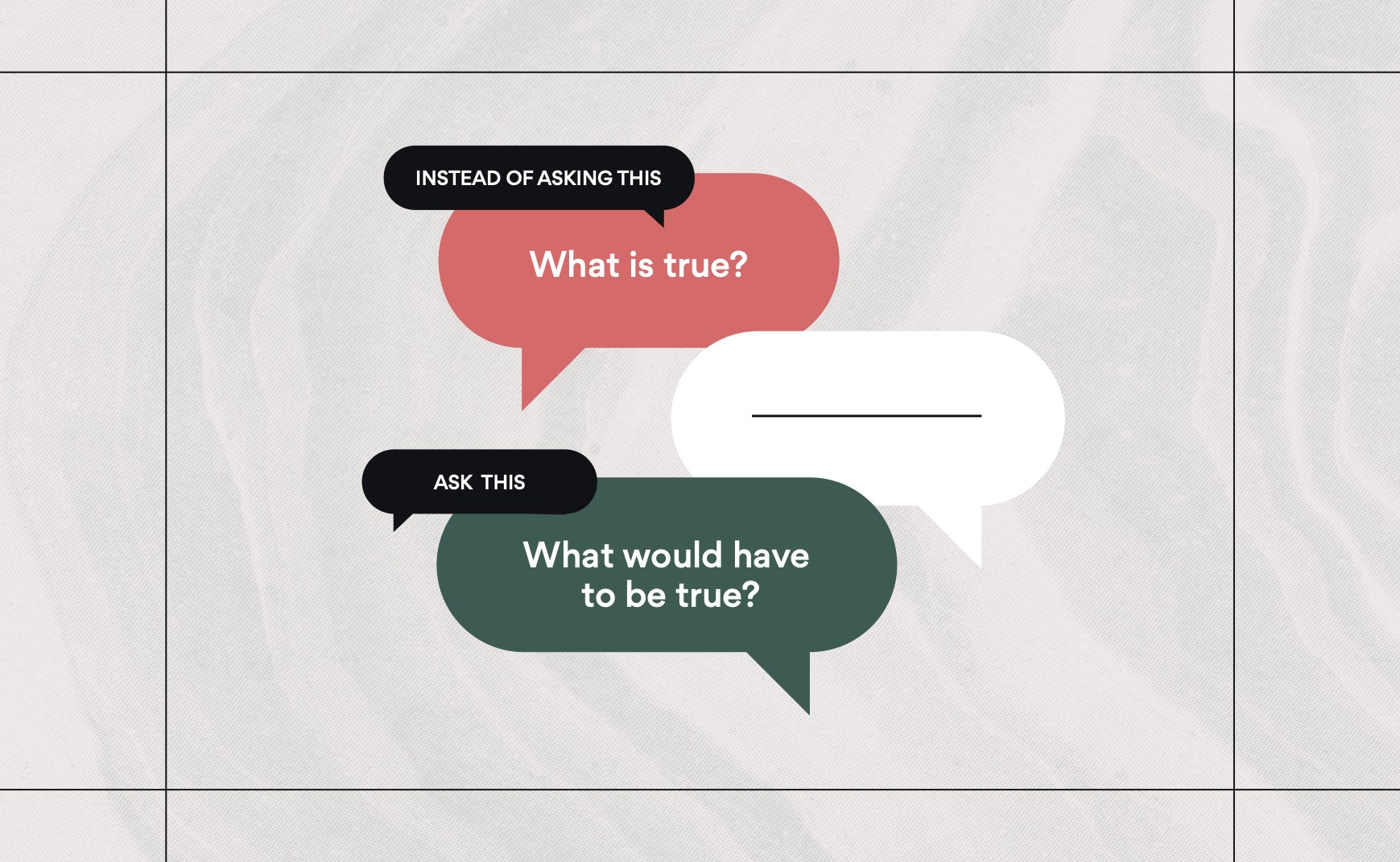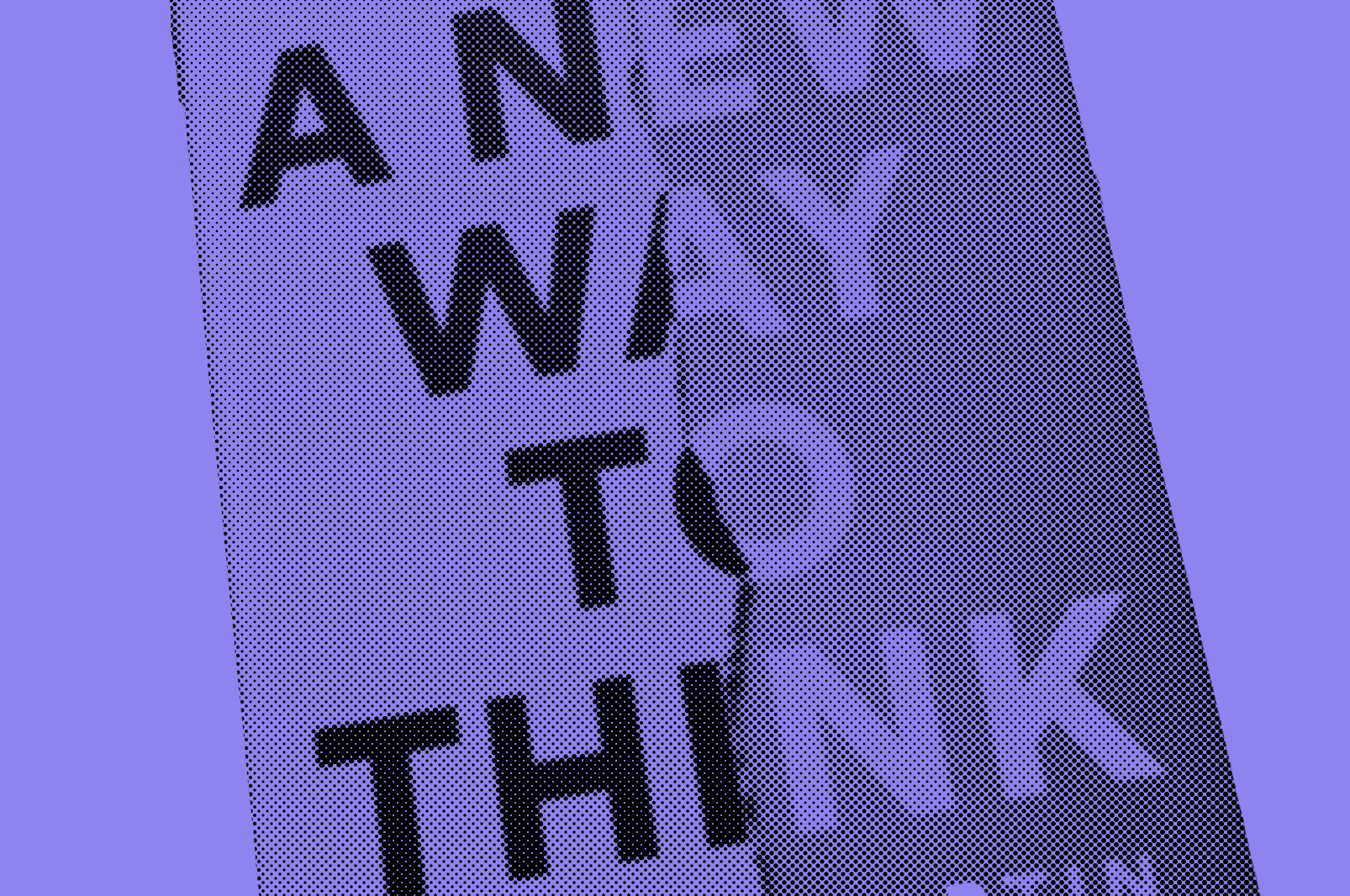Roger L. Martin on why leaders need to drop old decision models
“I think it is the most powerful question in strategy: ‘What would have to be true?’ Not, ‘what is true?’”
Words by Nick Lucchesi
It’s not your fault, says Roger L. Martin.
The heralded management thinker and author wants business leaders to shift the burden of responsibility away from themselves a little. Look at the true culprits in plain sight.
The decision-model status quo, the weight of business norms—how things have always been done—is steering businesses toward suboptimal outcomes.
To put it plainly, dominant decision-making models are often wrong. For example, these formulas gloss over assumptions about what is a “great idea” or are fuzzy on the definition of “potential.” These qualifiers—“great” and “potential,” to name only two—are quickly agreed upon, and then decision-makers move forward, never to consider them again.
“Question the dominant models of decision-making” feels like it could be an imperative uttered by a still-green business school student. But Martin, who has published more than twelve books and spent fifteen years as the Dean of the University of Toronto’s Rotman School of Management, has the qualifications and experience to justify the counterintuitive challenges he poses to business leaders.
Those challenges come in the form of answers Martin has offered to business leaders who ask the evergreen questions of business:
- In which market should they invest, and how do they become #1?
- How do they change the culture of a corporation?
- How can an organization remain innovative and sustainable?
Like many management books, Martin’s A New Way to Think: Your Guide to Superior Management Effectiveness might as well be required reading for all members of society. It mixes logic and philosophy, categorizing each word with academic rigor.
The Workback spoke with Martin from his home in Florida about the messages and ideas in his book, which was named one of the “10 Must-Read Career and Leadership Books For 2022” by Forbes.

Roger L. Martin has written a book for frustrated people: Those who are dutiful to a way of thinking about a problem that consistently yields suboptimal results.
Who did you write this book for?
I would say it’s for frustrated people.
Tell me more about that.
It would be for people who have a way of thinking about a problem that they faithfully utilize to tackle it. And then the problem doesn’t get fixed in the way the theory they used suggests it will get fixed.
I have seen lots and lots of that behavior. These people are not bad; they’re not stupid but dutiful. And that way of thinking about a problem doesn’t work, so they get stuck.
You write, “if you show me a company where the planners are different than the doers, I will show you a company where what gets done is different from what was planned.” What advice would you give leaders?
My advice is for nobody to imagine that there’s a class of human beings called strategists, and they’re somehow some kind of special, separate class like they’re the Brahmins or something. Everybody is capable of “doing strategy.” It’s a practice-based skill. I’ve still not met what I consider to be a natural strategist.
If you’re the CEO of a business, do not let strategic planners do strategy for your business; it is a general management responsibility. Full stop, no question about it.
In A New Way To Think, you ask us to reframe criticisms as conditional—to go from “this will never work” to “this will only work if.” That doesn’t come naturally.

To create something new and interesting, you must ask, “What would have to be true for that to be successful?”
If you ask those questions, you can create a really clear picture of what you need. For example, you’d start to say, “We’d have to have consumers feel comfortable with that new feature or behavior. We’d have to be able to get to customers who don’t know about us now. We’d have to be able to have engineers build whatever we’re talking about.”
I think it is the most powerful question in strategy: “What would have to be true?” Not, “what is true?” Take small steps—exploratory steps—not giant ones.
How can enterprise leaders get into that exploratory mindset–that “what would have to be true” line of thinking?
If they’re not in that mindset now, chances are, they are more obsessed with perfection than is optimal for them. They might say, “I need to have the perfect answer.” You won’t explore much that way. Instead, you should say, “I need to move towards ever-better answers.” That takes the perfection thing out of the equation.
If you can do something that’s not wholly perfect but is less imperfect than what you’re doing now, that’s progress.
You observe that a conversation about what is true is a tense argument, while a conversation about what would have to be true is enjoyable. Why is that?
“What would have to be true?” strips out data from the logic. If you strip out data, it turns out that you can gain consensus pretty quickly on the logic. When you have the logic, you can tell what data you would have to search for together.
The act of stripping out assumptions about the data is what facilitates people being able to agree.
Let’s finish in the world of the unknown. You write “the fear of the unknown kills a good idea.” However, new iterations of an existing idea are compelling. Why is that?
The degree to which the idea is new—is it radical or just a little new?—will define how long of a journey people must go on to embrace this new idea.
If it’s a slight modification, you say, “it’s just like the old thing, but it has two more features.” People will embrace it. But if it’s a dramatic change, they must go on a thinking path that integrates those new ideas into their lives. You have to plan for them to have experiences that will enable them to integrate this new idea into their lives.
If you don’t plan for those experiences, they won’t accept the new idea—they’ll reject it. It’s the price you pay for dramatic change. Sometimes you need dramatic change. But if you’re proposing dramatic change only because it’s so awesome—with no plan for how people will experience it and integrate it into their lives—well then, good luck to you.


